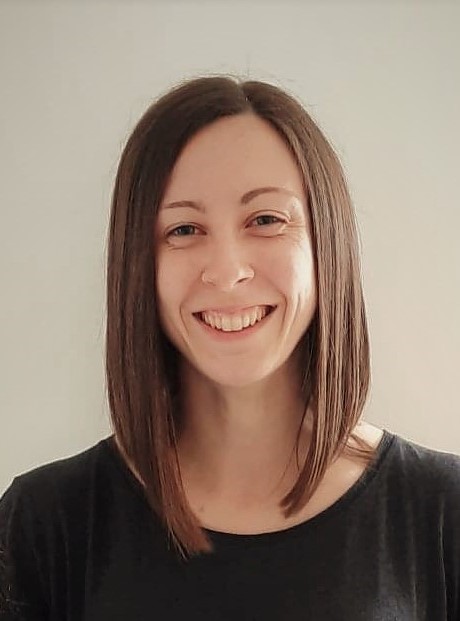Kate Robbins
What is your current job / programme of study? 
I work for the Advanced Materials Characterisation and Simulation Hub (AMCASH) at the University of Birmingham. Essentially I get to help small companies with research and development work by doing things like testing different materials and products (pulling things apart, squashing them, melting them etc.).
What A-Levels (or equivalent) did you do?
Biology, PE and Food Technology.
Why did you choose a career in Materials Science and Engineering (MSE)?
It kind of happened by accident! I didn’t get the A-level results I needed to do Sports and Exercise Science, so I was offered a joint honours degree course that combined Sports and Exercise Science with Materials Science instead. After graduating I decided to carry on and do a masters degree purely in materials science, which turned into doing a PhD, and now I work at the university!
What did you enjoy most about MSE course?
I love getting hands on to find out how things work, so I really enjoyed anything that involved being in the lab.
What is your research about?
The majority of my research so far has been focused on the environmental side of plastics. For my PhD I looked into the properties of a plastic that can be grown by bacteria, which is a renewable material source that would mean plastic doesn’t need to be made from oil. More recently I’ve been looking at the number of heat cycles plastics can be exposed to before they start to break down, which is useful knowledge for both processing and recycling plastics.
What is the coolest thing you have done in your career so far?
More and more companies are coming to work with us through the AMCASH project with the aim of being more sustainable and choosing environmentally friendly materials for their products. Being a plastics specialist but feeling like we’re becoming part of the solution is pretty awesome.
What do you see yourself doing in the future?
To be honest I’m not really sure, but I hope I’ll be doing something that helps with the environmental challenges we’re facing. Also I’d love to be doing a lot more outreach work, because it’s fun – how many people get to do stuff like smash up chocolate bars and call it work?
What is your favourite material (and why)?
D3O – because it’s weird! It’s a polymer that behaves like silly putty unless you hit it at high impact, then it hardens, absorbing the energy of the impact. This makes it perfect for protective gear like mouth guards, helmets and mobile phone cases.
What advice would you give your 16 year old self?
When you study STEM subjects in separate lessons of biology, chemistry, physics, maths etc. at school it’s so easy to think that these are separate things that lead to very specific jobs (e.g., doctor, engineer, teacher, computer programmer, accountant), but in the real world all of these areas overlap. This makes the  job opportunities so much more diverse, and STEM can lead in so many different directions (marine conservation, designing prosthetics, developing fuel cells for electric vehicles, crime scene investigator etc.), so it really is worth doing a bit of research to explore what’s out there.
job opportunities so much more diverse, and STEM can lead in so many different directions (marine conservation, designing prosthetics, developing fuel cells for electric vehicles, crime scene investigator etc.), so it really is worth doing a bit of research to explore what’s out there.

